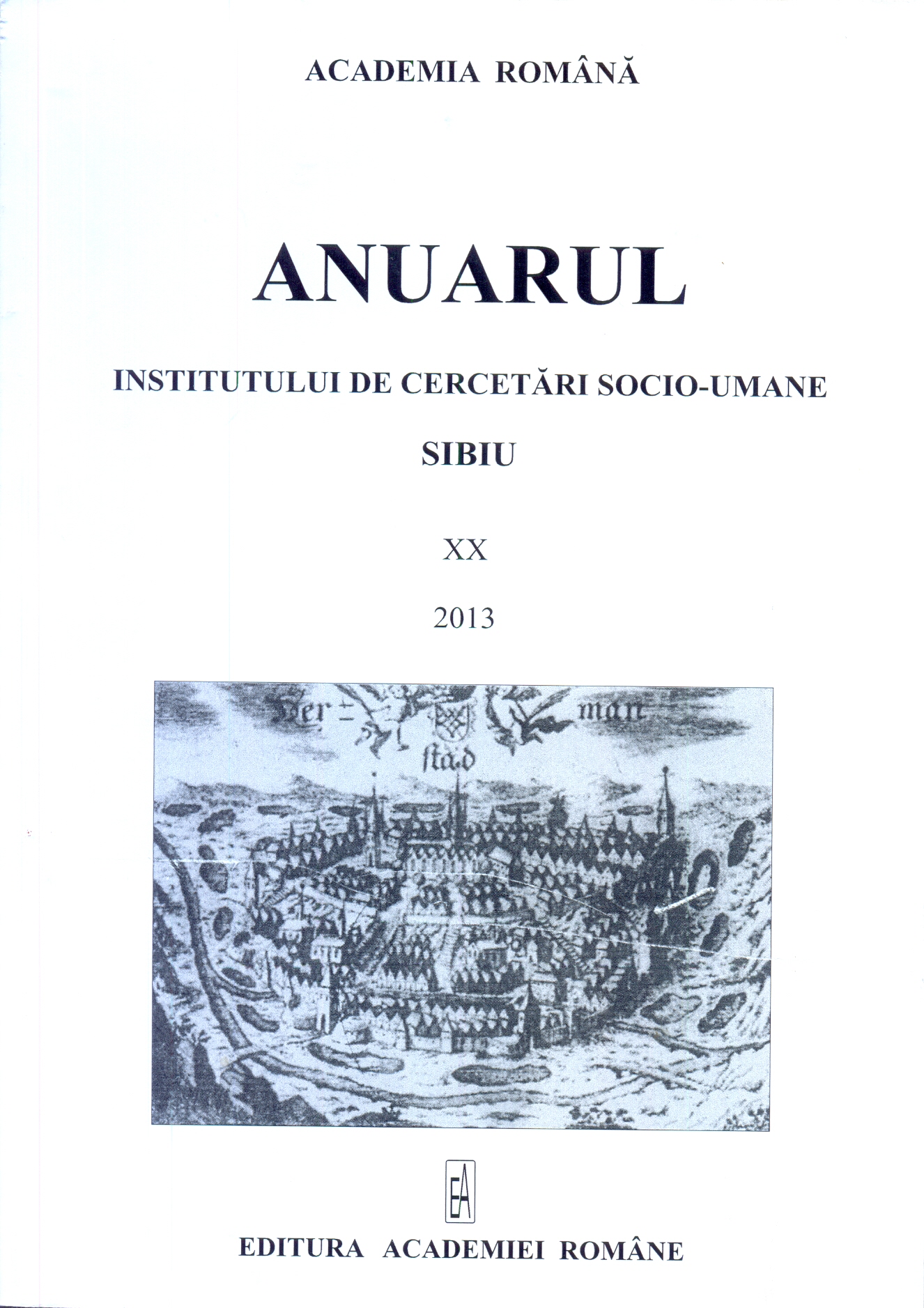Statutul politico-juridic al oraşului Cetatea Albă în cadrul Ţării Moldovei
Legal and Political Status of the City of Akkerman in Moldavia
Author(s): Vitalie JosanuSubject(s): Political history, Middle Ages
Published by: Editura Academiei Române
Keywords: Akkerman; Moncastro; Moldavia; Asprocastru currency;
Summary/Abstract: Like other northern Pontic colonies, Akkerman/Moncastro, one of the most important commercial centers of the Black Sea economic network during the 14th-15th centuries, was considered, for a long time, a Genovese colony. This paper argues that the specific historical evolution of the town on the Dniestr estuary, an area which was hostile to the Genovese, established Moncastro as an important commercial node, as well as leading to a distinct identity and administrative organisation whilst maintaining a status of dependency on the colony’s suzerain. In 1465, Stephen the Great annulled the special status held by Akkerman due to its Tatar origin, a status which was reflected, during the time it spent under Moldavian suzerainty, by the permission to mint its own coin and the right to levy customs duties, as well as by some foreign policy initiatives. The local administrative structure of the Romanian-Armenian community was not molded on the Genovese model. This is why the kind of clerks and office holders, which were specific to Genovese admi¬nis-tra¬tive structures and which could be found in Chilia (for example, consul, massari, notaries), are not mentioned in historical sources. Contemporaries referred to the local authority in Moncastro as dominus or jupan, both meaning „lord, master”. The latter term, frequently used in the Principality of Moldavia, shows that the administrative structure of the com¬mu¬nity in Akkerman resembled the administrative hierarchies of Moldavian market towns.
Journal: Anuarul Institutului de Cercetări Socio-Umane Sibiu
- Issue Year: XX/2013
- Issue No: 20
- Page Range: 169-194
- Page Count: 26
- Language: Romanian
- Content File-PDF

